Gov. Tim Walz’s task force on academic health at the University of Minnesota held a meeting Wednesday to discuss their final recommendations for how the state can support the University in further developing its healthcare programs.
At the last two meetings on Jan. 10 and Wednesday, members of the task force ranked the final recommendations in the draft report. According to the Minnesota Department of Health website, the recommendations were scheduled to be submitted to Walz by Jan. 15.
Of the 10 recommendations related to the University included in the final report, the first three items were fully supported by every member of the task force. Each member agreed to focus on resolving negotiations between the University and Fairview Health, developing a shared strategic plan for the University’s six health professional schools and funding a University-conducted assessment on the public health facilities throughout Minnesota.
The University brought forward three additional proposals on Jan. 8. All three were ranked within the bottom four of the University-related recommendations, with the lowest being a proposal for the University to receive $80 million annually to invest in a new academic health system.
State Representative Tina Liebling (DFL-Rochester) said the $80 million ask still needs to be vetted by the legislature and reminded the task force there is more to the process than making these recommendations.
“I in no way think that that’s just the end of the story,” Liebling said. “Whether it’s this amount of money, or that amount of money, or exactly this proposal or that, there are a lot of steps between here and there.”
Jakub Tolar, dean of the University’s Medical School, said even though these items were ranked low, they showcased a greater commitment to keeping Minnesotan healthcare funded and up to date in the future.
Brenda Hilbrich, a member of the task force with expertise in healthcare, said she would support some recommendations, but there should be strings attached.
“Our current healthcare workforce needs to be cared for,” Hilbrich said.
Of the requested $80 million, Tolar said $25 million would fund medical discovery teams dedicated to areas like mental health, infectious disease and cancer. An additional $20 million would help provide healthcare access to underserved communities, $15 million would go toward developing the state’s workforce and $10 million would improve primary care statewide.
“If we don’t have that structure that this fund will be supportive of, we will end up with a donut,” Tolar said during the Jan. 10 meeting. “We will have everything everyone else has, but we will not have that open, collaborative, innovative center, and we need that.”
The University’s second proposal brought forward the beginning plans for new University-owned and operated academic health facilities, including a new hospital.
Former Minnesota Governor Tim Pawlenty (R) said during the Jan. 10 meeting the differing opinions on the University-submitted recommendations served as a “fork in the road” for the task force.
“We want to plan and sequence this, we want to make sure we can afford it and that the money is there to pay for it,” Pawlenty said.
Pawlenty said on Wednesday that the draft report needed to be simpler and more streamlined. He said there was overlap between certain recommendations but did not give any examples.
Members of the task force discussed on Wednesday potentially adding statistics and facts into the draft to further support the recommendations made. Jan Malcolm, the task force chair, said the University healthcare is underfunded compared to other universities, but she said that comparison was too complex to explain in the draft.
“If you want to have all this, you have to invest in this,” Tolar said. “It’s really nice to say we have access to top-notch care, but it means nothing if no one pays for it.”


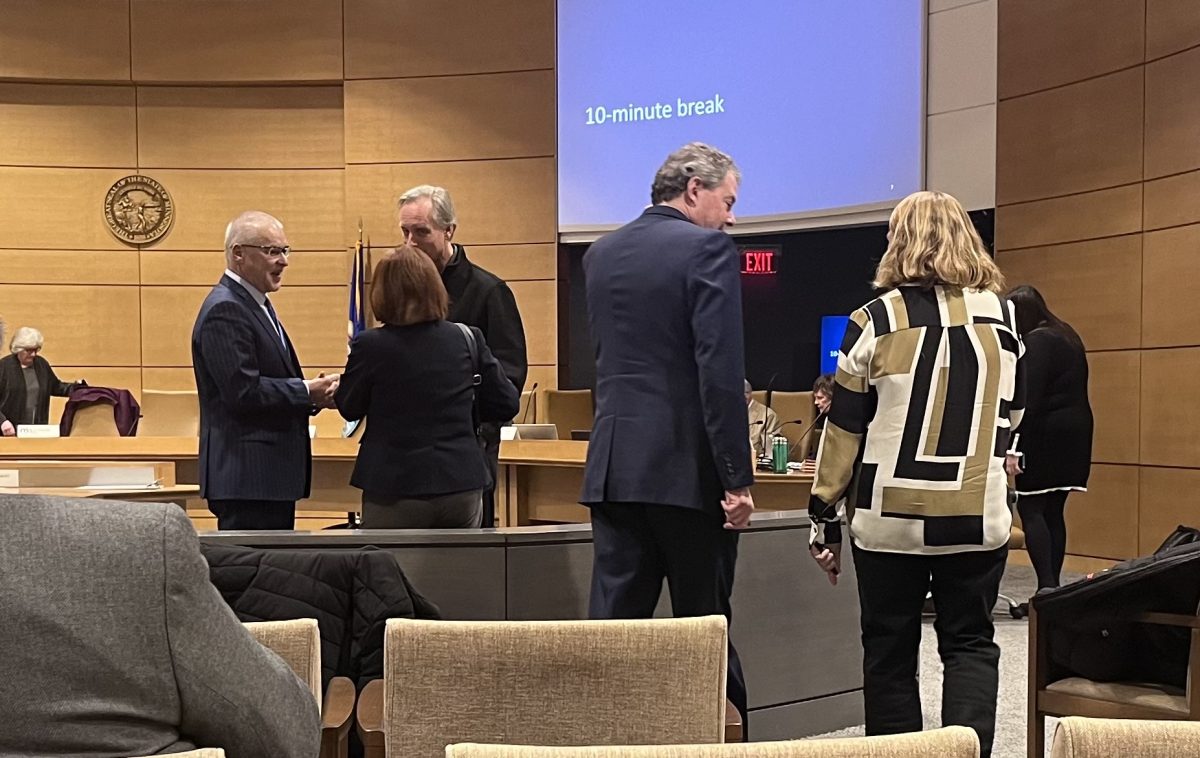



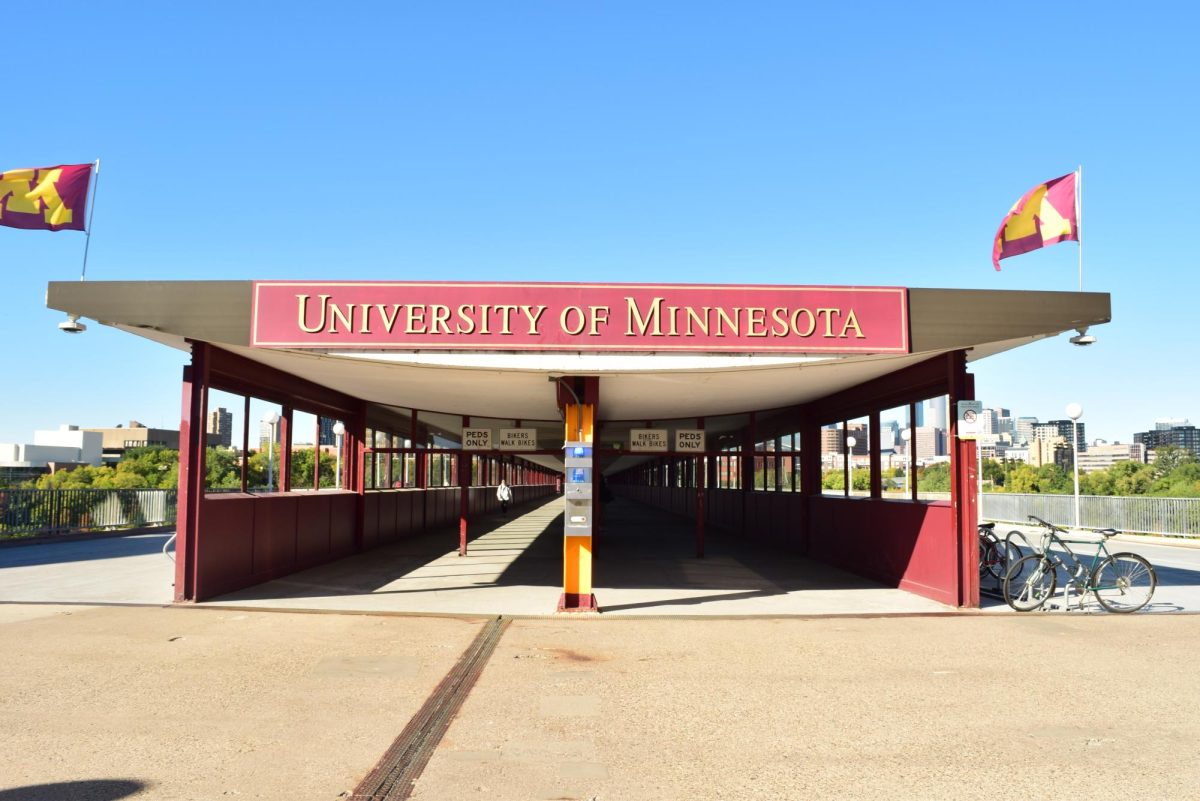


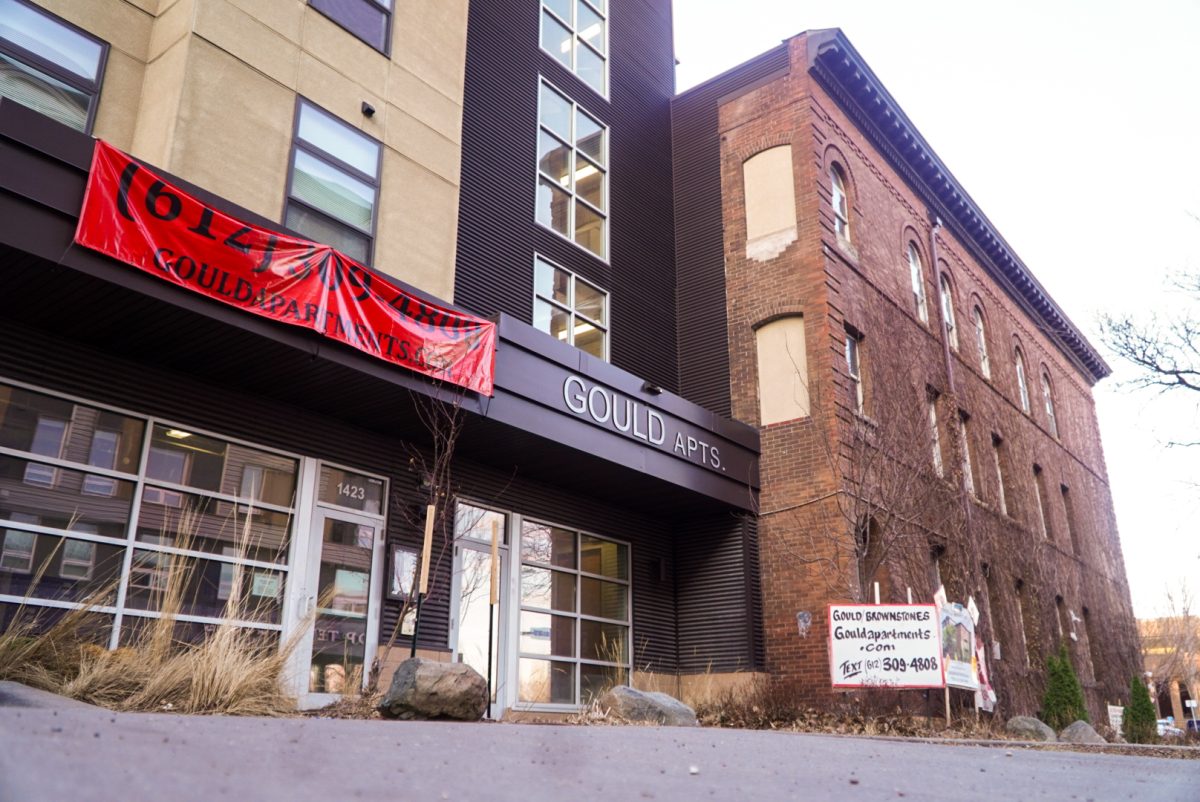





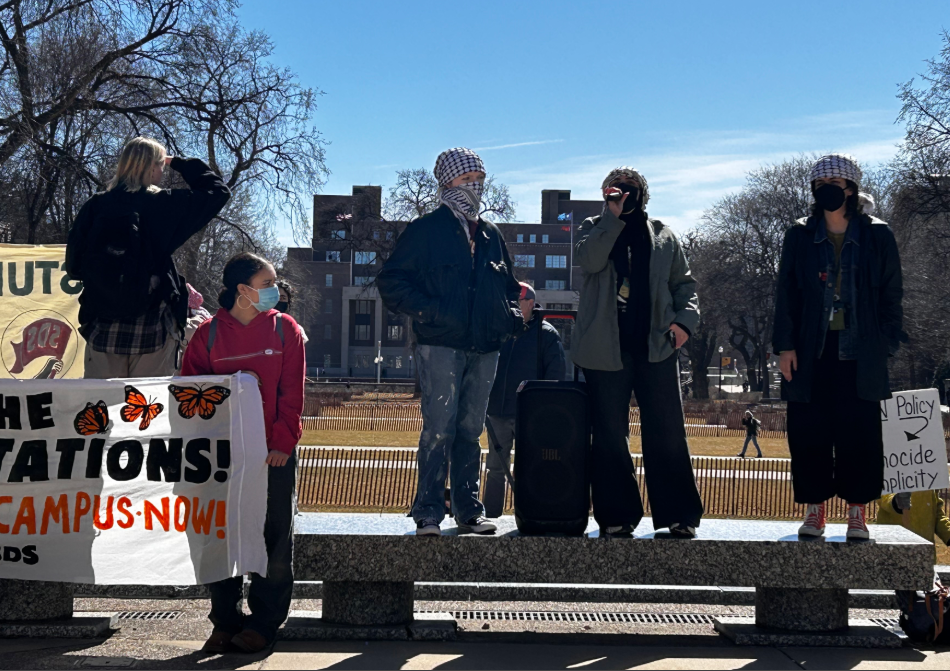

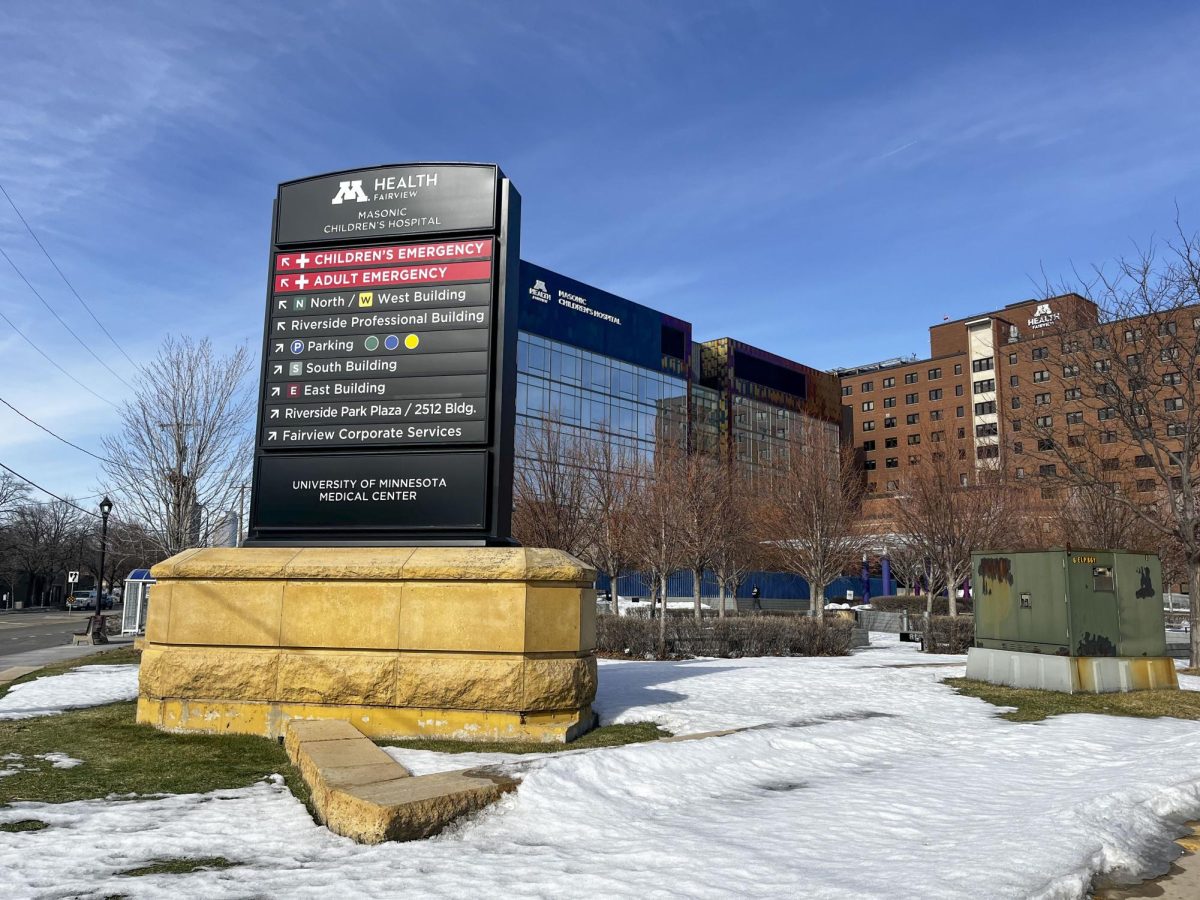
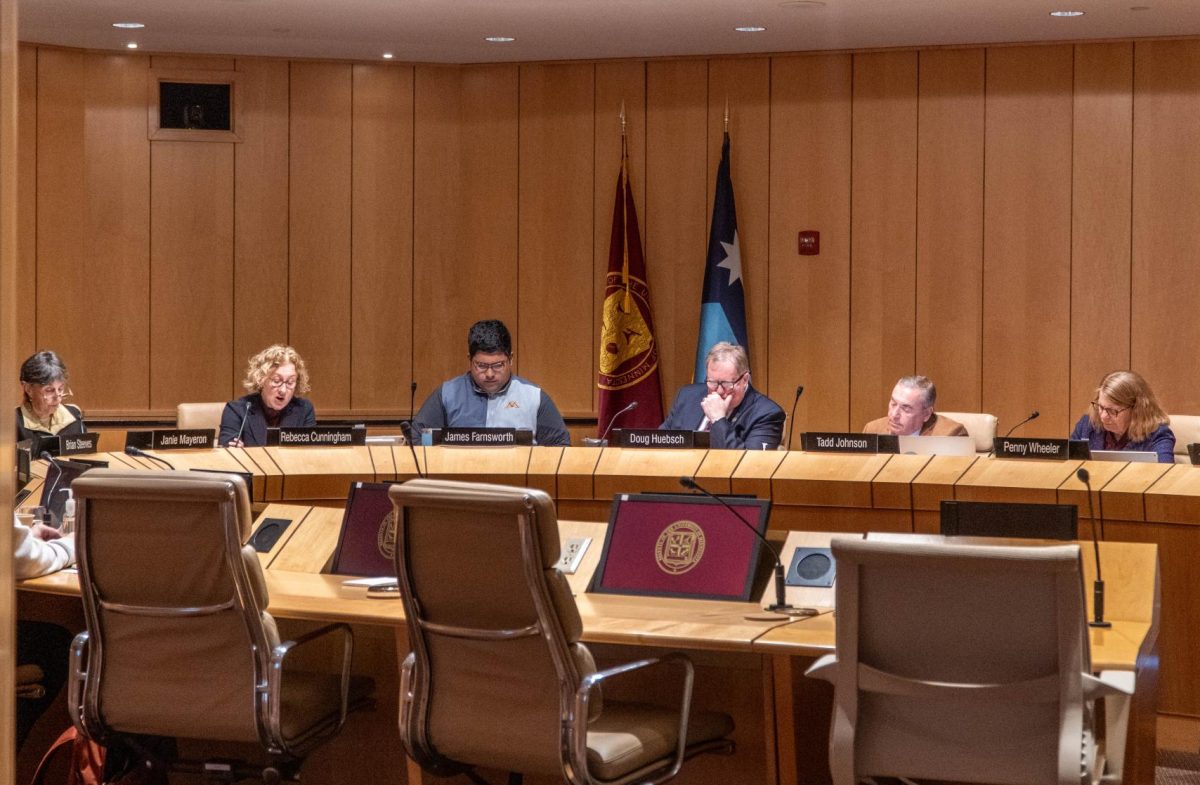
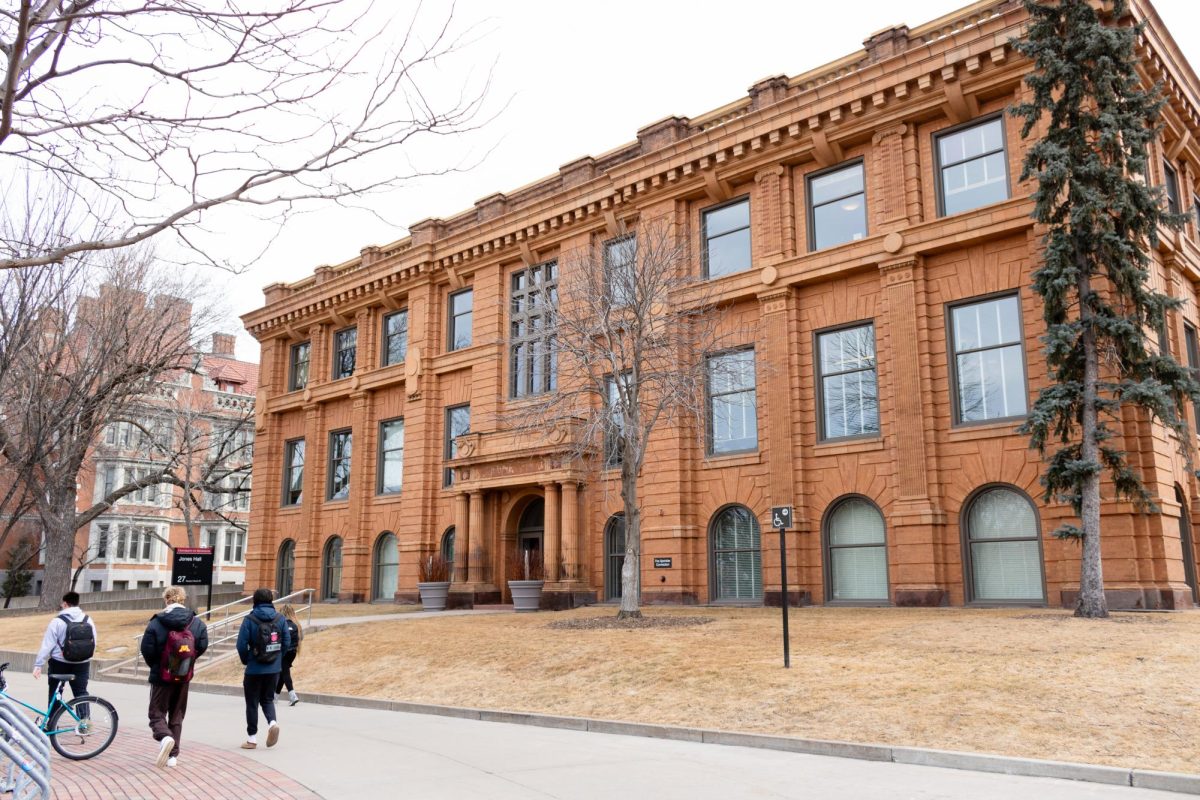

Ahmed Al Ruqaishi
Feb 3, 2024 at 2:57 am
I believe that that the recommendations passed through the task force to the government structure will serve as a starting point in constructing the evolving process in developing next-generation health care systems for UMN.